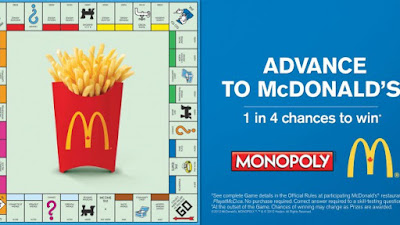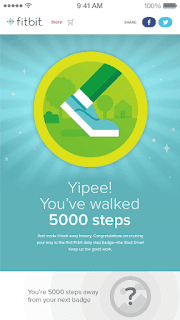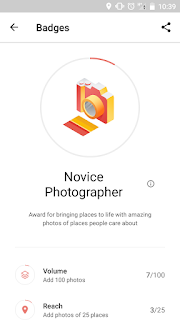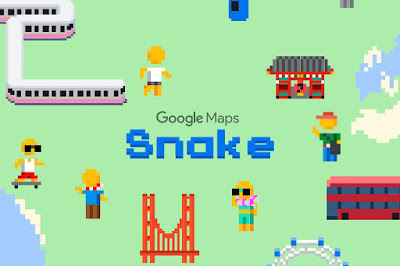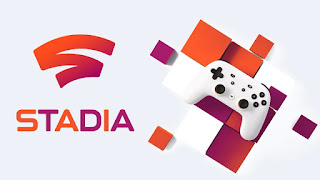Gamified Crossovers Part 2 – Heineken and UEFA Champions League
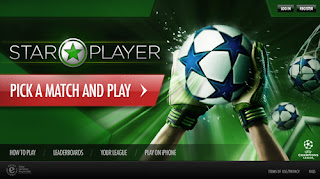
Gamified Crossovers Part 2 – Heineken and UEFA Champions League Continuing with our series on gamified crossovers from last month, where we introduced the idea of gamified crossovers and the story of how a fast-food giant like McDonald's partnered with a popular board game brand like Monopoly to create a unique and gamified user engagement strategy over many years. The strategy was simple. It was to create a crossover between two popular culture icons from different industries. The idea was to find a perfect match between two such iconic brands. A match that could bring an audience together by finding the special ‘connect’ and engaging them based on that connection. In this article, we look at how a popular competition in European club football and an iconic beer brand came together to create a special connect among fans and leveraging each other’s capabilities and value propositions for mutual gain. The UEFA Champions League is Europe’s and probably the world’s most elit...
